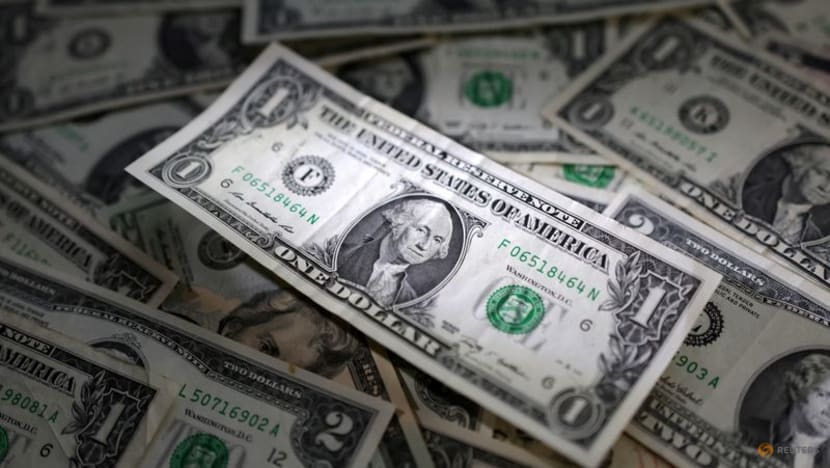Dollar gains, others slip on tariff threats


NEW YORK :The U.S. dollar gained on Monday after President Donald Trump pledged 25 per cent tariffs on all imports of steel and aluminium, while the Canadian dollar, Japanese yen, euro and sterling all weakened on concerns about the impact of any new trade levies.
Canada is a major exporter of steel and aluminium to the U.S., along with Brazil, Mexico, South Korea and Vietnam, according to government and American Iron and Steel Institute data.
The yen also dipped on concerns that Japan could also face tariffs.
There is “a little bit of catch-up and also this idea that maybe Japan was going to escape the worst of it and now could be hit with the steel and aluminium tariffs,” said Marc Chandler, chief market strategist at Bannockburn Global Forex in New York.
Japanese Prime Minister Shigeru Ishiba expressed optimism on Sunday that his country could avoid higher U.S. tariffs, saying Trump had "recognised" Japan's huge investment in the U.S. and the American jobs that it creates.
Trump said on Sunday he will introduce new 25 per cent tariffs on all steel and aluminium imports into the U.S., on top of existing metals duties.
It came after he said on Friday he planned to announce reciprocal tariffs on many countries by Monday or Tuesday.
The Canadian dollar weakened 0.11 per cent versus the greenback to C$1.4307 per dollar, after earlier reaching $1.4379.
The U.S. dollar strengthened 0.38 per cent to 151.97 Japanese yen.
The dollar index rose 0.21 per cent to 108.31.
The euro dropped 0.2 per cent to $1.0306 . The U.S. is the second-largest market for EU steel exports.
Sterling weakened 0.36 per cent to $1.2364
Britain has not seen details of U.S. President Donald Trump's proposed steel and aluminium tariffs and will continue to engage with the Trump administration as appropriate, a spokesman for Prime Minister Keir Starmer said on Monday.
The U.S. is Britain's second largest steel export market after the European Union.
This week's main U.S. economic focus will be consumer price inflation data for January due on Wednesday.
It is expected to show that both headline and core consumer prices rose by 0.3 per cent last month, for an annual gain of 2.9 per cent and 3.1 per cent, respectively, according to economists polled by Reuters.
Federal Reserve Chairman Jerome Powell is also due to testify before Congress on Tuesday and Wednesday.
“I think Powell is going to tell Congress the same thing basically he told everybody else, with the economy still in a good place, and that is above-trend growth, that the Fed has time," said Chandler. "The Fed can be patient while the restrictive monetary policy helps bring inflation back down to target over time.”
A New York Fed survey on Monday found that the U.S. public’s near-term inflation expectations were largely stable in January.
In cryptocurrencies, bitcoin gained 1.42 per cent to $97,378.84.













